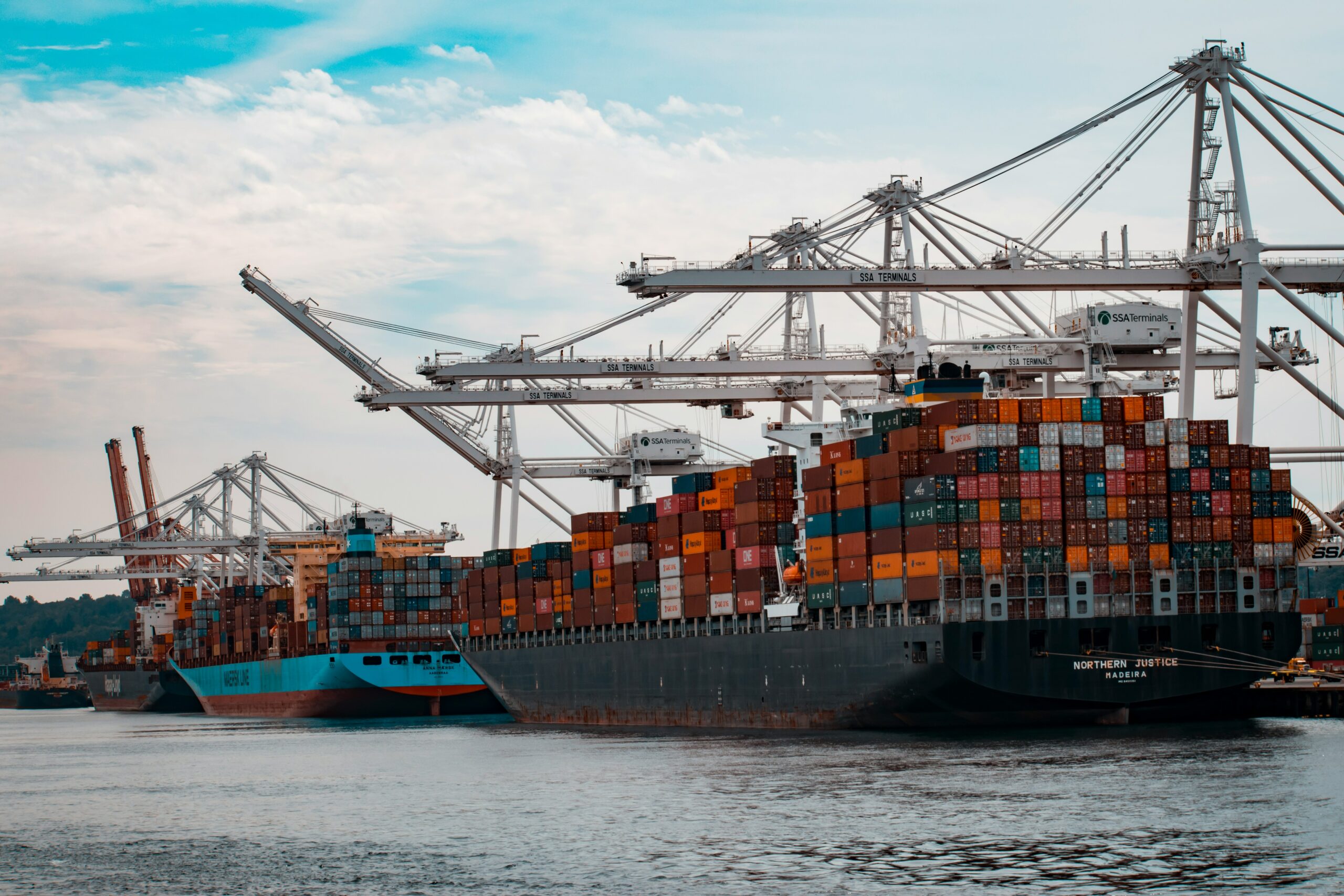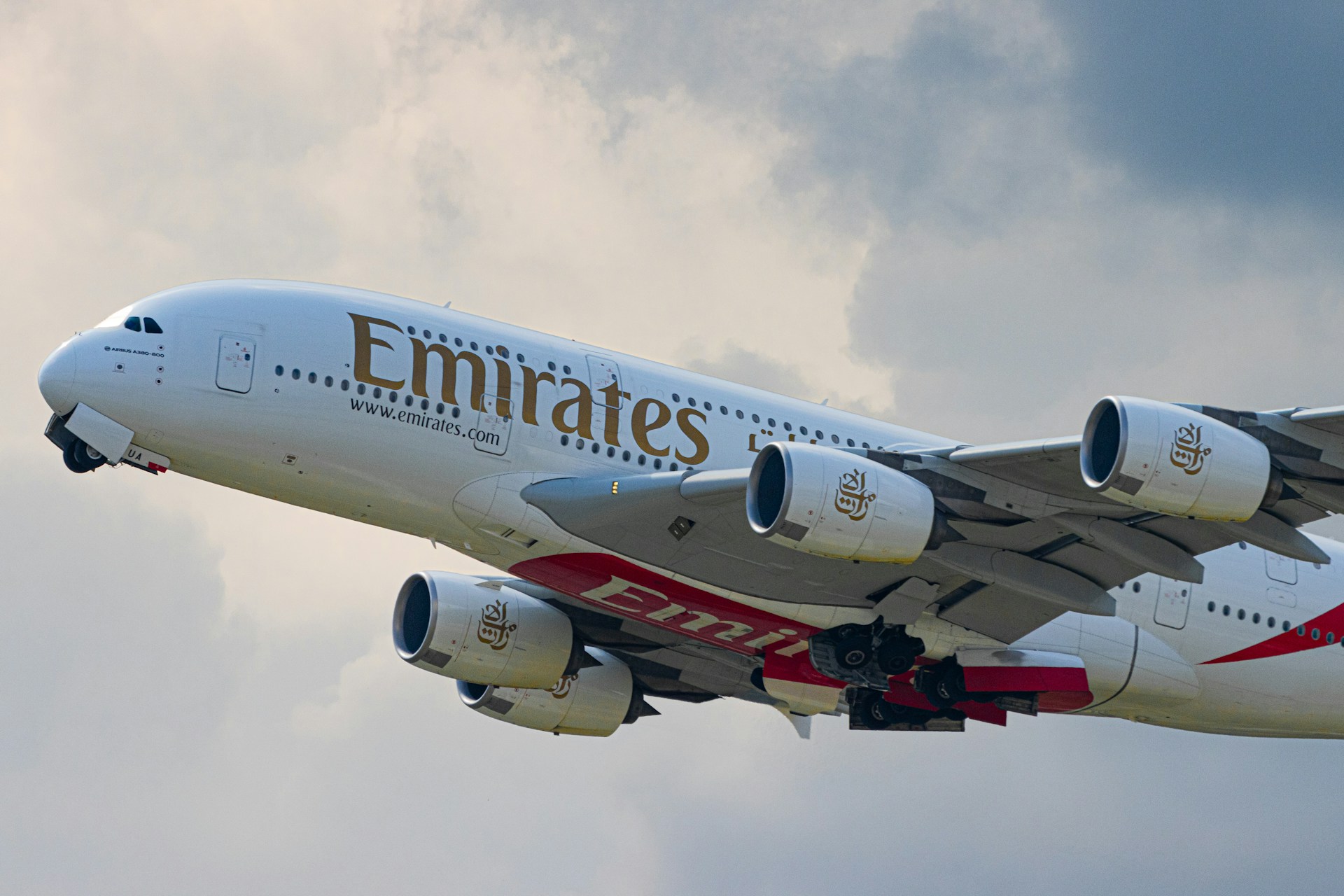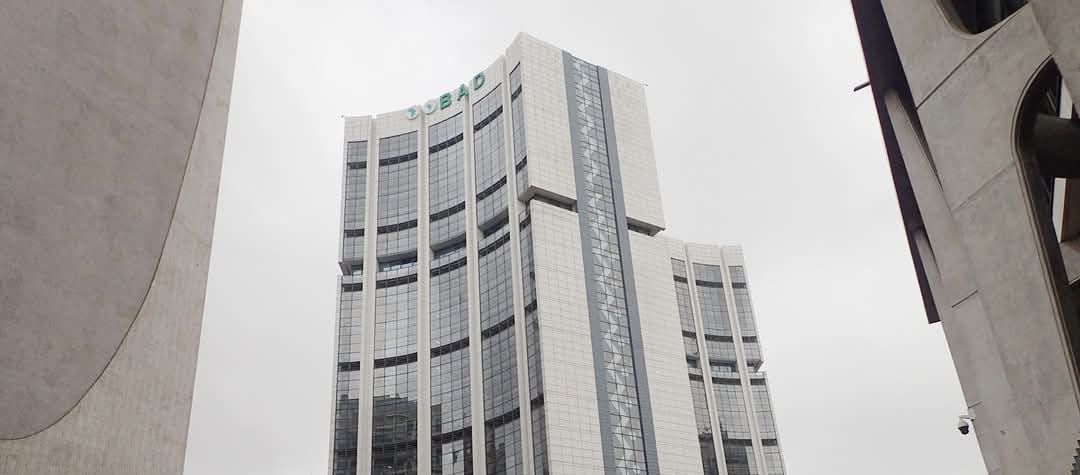Casablanca- The Kingdom’s General Treasury recently reported a decrease in net customs revenues at the end of November. The figures, amounting to 76.04 billion dirhams (approximately $7.83million USD), signified a 1% decline compared to the same period last year, sparking discussions among economists and policymakers.
The revenue, which encompasses tax refunds, reliefs, and restitutions totaling 81 million dirhams (approximately $8.35 million USD), originates from various sources including customs duties, value-added tax (VAT) on imports, and internal consumption tax (ICT) on energy products, as outlined in the Treasury’s latest monthly bulletin of public finance statistics (BMSFP).
While net income from customs duties surged to 13.98 billion dirhams, marking a notable increase of 9.7%, the picture was less optimistic for import VAT revenues. At 47.47 billion dirhams (approximately $ 4.89 million USD), import VAT revenues experienced a 4.4% decline compared to the same period last year, highlighting potential challenges in import-related sectors.
On the other hand, net ICT revenues on energy products saw a modest increase, totaling 14.59 billion dirhams (approximately $ 1.5 billion USD)and representing a 1.3% growth compared to the end of November 2022. This figure includes reimbursements, tax reliefs, and refunds amounting to 49 million dirhams (approximately $ 5 million USD)at the end of November 2023, a significant decrease from the 161 million dirhams recorded a year ago.
Overall, the total ICT revenues from energy products reached 14.64 billion dirhams (approximately $1.5 billion USD), indicating a slight growth of 0.5% compared to the previous year. Despite this modest uptick, the decline in gross customs revenues, which experienced an overall decrease of 1.2% to 76.12 billion dirhams (approximately $ 7.84 billion USD) at the end of November 2023, raises concerns about the broader economic trajectory.
Analysts attribute the decline in customs revenues to various economic factors, including fluctuations in global trade dynamics, shifts in consumer behavior, and the impact of ongoing geopolitical uncertainties. Additionally, the appreciation of the dirham against major currencies, including the US dollar, may have influenced import-related revenues, further complicating the economic landscape.
As stakeholders grapple with these challenges, policymakers are closely monitoring the situation, exploring strategies to stimulate economic growth and bolster revenue streams. Initiatives aimed at diversifying the economy, enhancing trade relations, and promoting investment in key sectors are expected to play a crucial role in navigating the evolving economic landscape and fostering sustainable development in Morocco.
















